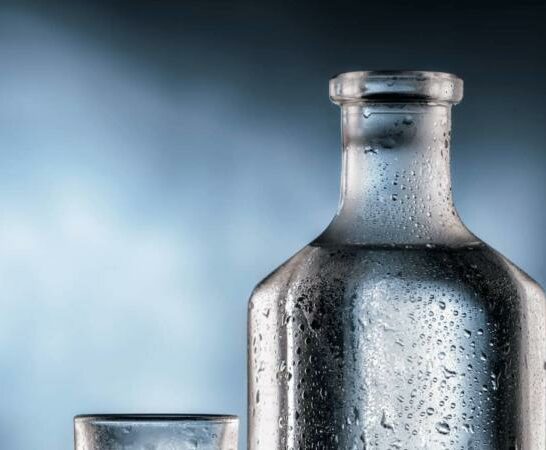Does Vodka Evaporate?
When thinking about the vodka on your shelf, the last thing you may be thinking about is evaporation. Vodka does evaporate.
There are a few factors that go into it; temperature and whether the bottle is not closed correctly are the two prominent ones. If you do not store your vodka in a cool, dark place, temperatures and sunlight can lead to your vodka evaporating.
Does Vodka Evaporate?
Vodka will evaporate over time, it comes down to the conditions that the vodka is stored in as to how quickly it will evaporate. If you have opened vodka that is stored in less than desirable conditions, it will evaporate quickly in a matter of days. Stored properly opened vodka won’t evaporate for months. If you have an unopened bottle of vodka it will take longer for it to evaporate, if it is stored improperly it will evaporate over months. If it is stored properly, it can last years without evaporating.
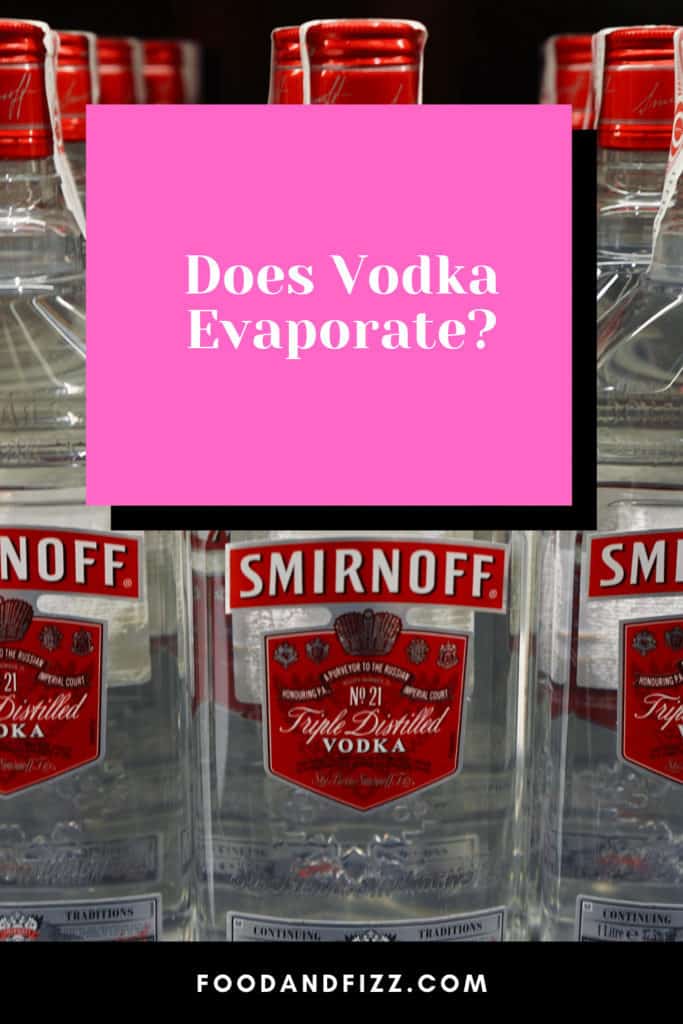
How Do Heat and Sun Cause Evaporation?
Like with other substances, the hotter they get, the faster they evaporate. Vodka is something that should be stored in a cool environment that is outside of the direct sun. You will see signs of evaporation on both open and unopened vodka. The two are affected differently.
If you leave your open vodka in the sun or at high temperatures, it will evaporate quickly. Depending on how direct the sun is and what the temperature is, you may notice that your vodka has significantly evaporated within hours. It’s not only that the seal has been broken that accelerates evaporation, but also the space in the bottle. Your remaining vodka will have that space to begin a rapid evaporation process.
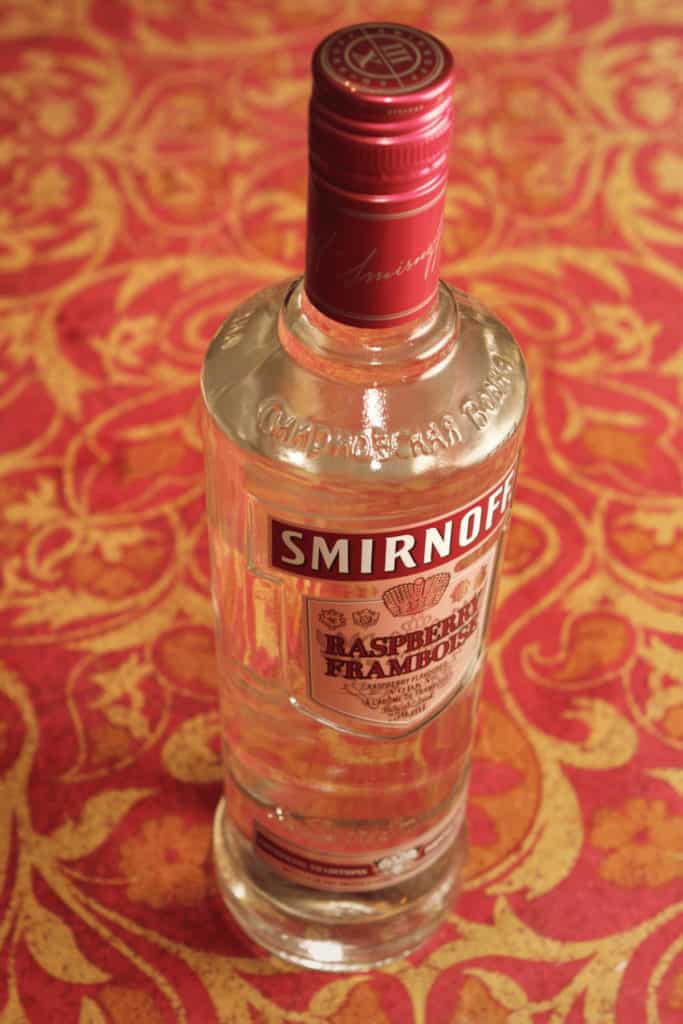
If you have an unopened vodka bottle, it will still evaporate, just not as quickly and it requires higher temperatures. For example, if you leave an unopened bottle of vodka in the car on a hot day, the temperatures inside your car increase significantly. You will notice that your vodka has begun to (or is almost all) evaporate.
While that is an extreme case, unopened vodka can evaporate if it is stored in direct sunlight at high temperatures. However, in this case, it will evaporate very slowly over time. This process of evaporation will first impact the taste and occasionally the appearance of the vodka.
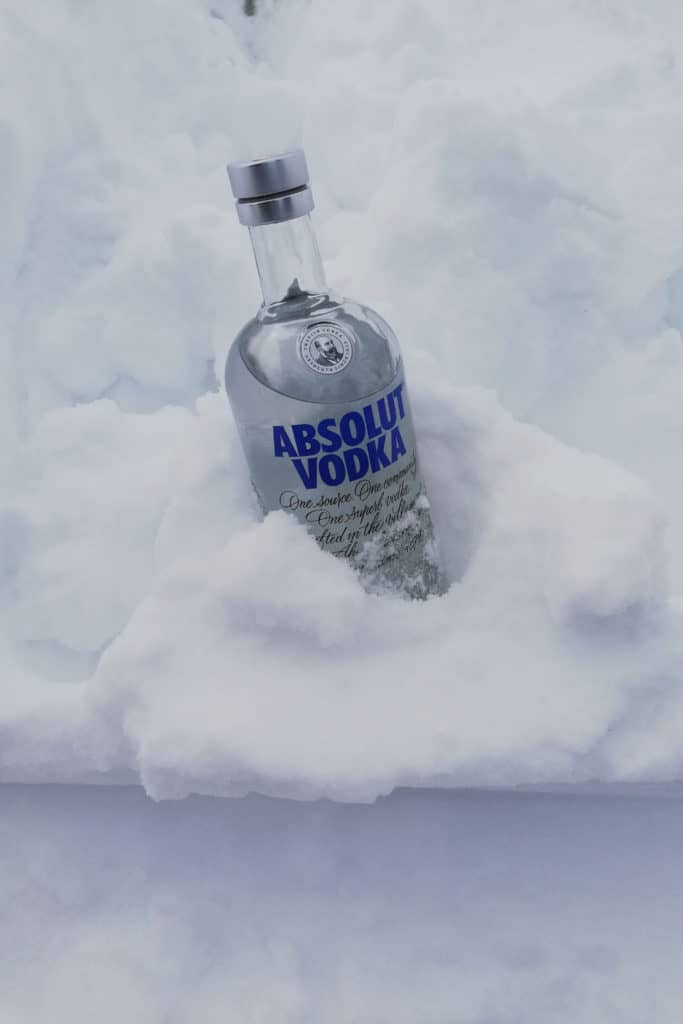
Alcohol is the first component of vodka to evaporate at high temperatures. One of the best examples of this is if you use vodka for cooking. Vodka is added to several different sauces and baked goods. When being cooked, it reaches temperatures that burn off the alcohol content. This is why you cannot get drunk off of food that is cooked with vodka. The flavor remains, but the alcohol has evaporated.
How Long Can Vodka Be Left Open Before It Evaporates?
An opened bottle of vodka can last for months after being opened and you will see no signs of evaporation. That is if you store it properly. If you store your open bottle of vodka in an area that is away from sunlight and is kept at room temperature or lower, your vodka won’t show signs of evaporation.
However, if you don’t properly screw the cap back on or store it in less than ideal conditions, your vodka will evaporate at a quicker rate. One of the first things that you will notice once your vodka begins to evaporate if it is open, is that there will be condensation forming on the inside of the bottle, starting above the line of remaining vodka.
If you leave some vodka in a glass for 24 hours and go to drink it, you may notice that the alcohol content has dropped. This is because of evaporation. You can still drink it, it just likely won’t have the same alcohol content that it had before. Without having any sort of seal or covering, your vodka will evaporate more rapidly.
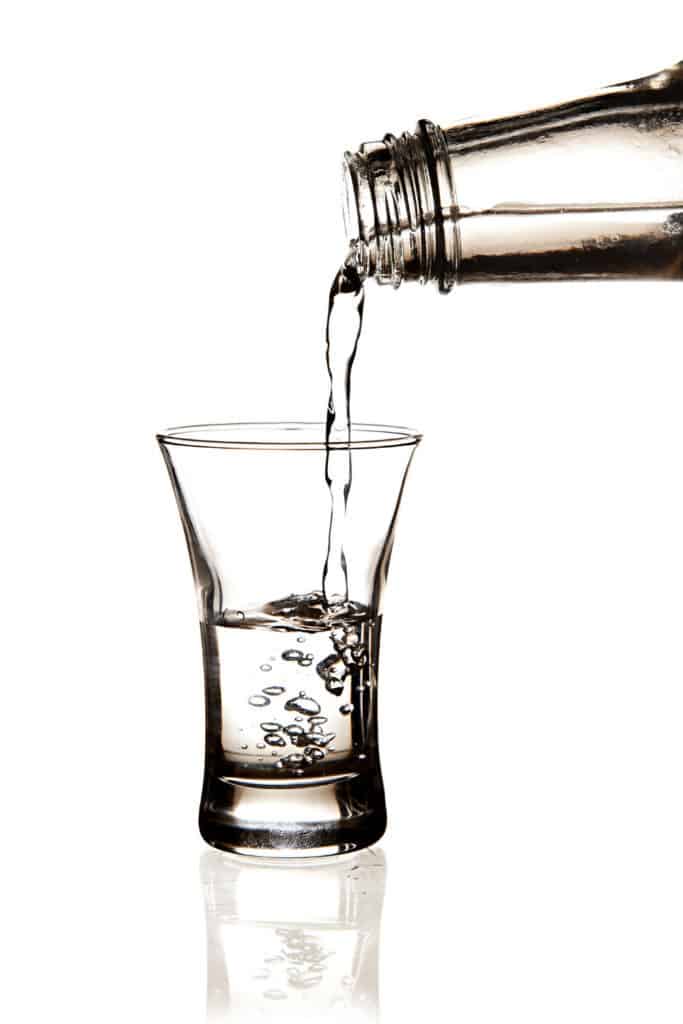
Why Does Vodka Evaporate?
Vodka will evaporate quicker than water. This is mainly because vodka has a low evaporation temperature. This is easy to see when cooking. Vodka will heat up much quicker than water will in a pan. It reaches a faster boiling point because it is significantly lower than water.
The same goes for vodka that has been left out. If you were to leave an opened bottle of vodka next to an opened water bottle, you would see that the bottle of vodka begins to evaporate sooner, and at a far quicker rate.
When compared to water, the molecules that make up the alcohol in vodka do not stick together as well. This makes it so that it evaporates quicker than water. Because the molecules have less of an attachment, it is easier for them to disperse and evaporate.
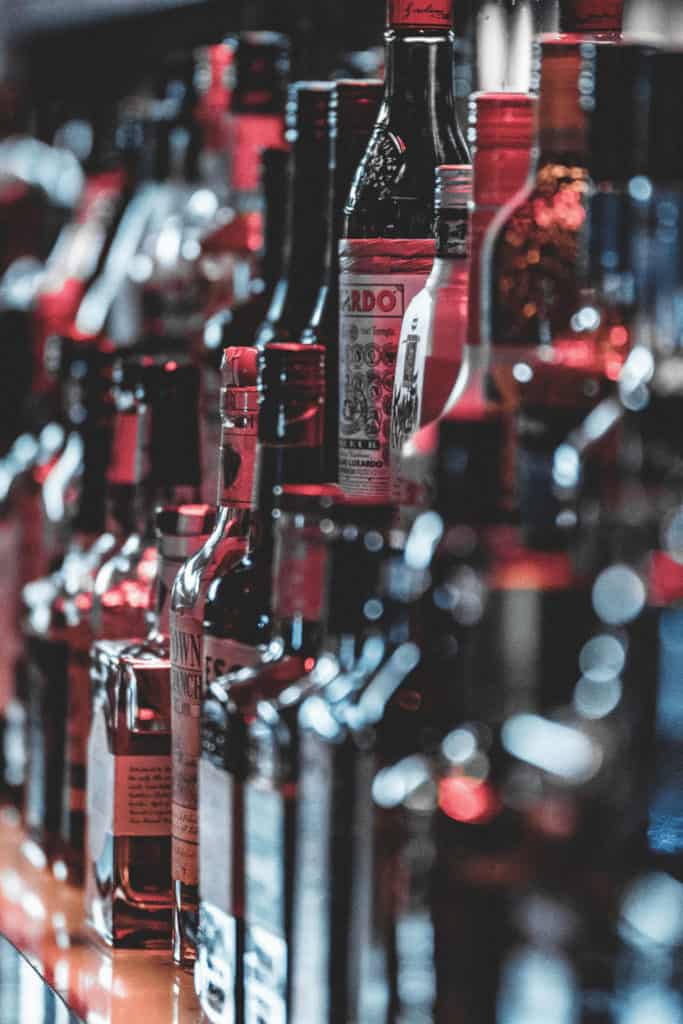
Frequently Asked Questions About Does vodka evaporate
Can I drink vodka that has started evaporating inside the bottle?
You can drink vodka from a bottle where signs of evaporation are noticeable. However, because of the evaporation process, you may notice that there is a change in the flavor of the vodka. As the alcohol begins to evaporate, the alcohol is the first to evaporate, meaning that the flavor and the proof of your vodka will be affected.
How can I tell if my vodka is beginning to evaporate?
ver time, you will notice a significant change in the level of vodka that is left in your bottle. You will first notice that there is condensation (little drops of moisture) on the inside of your vodka bottle. This means that your vodka has begun to evaporate.
Can you reverse the effects of evaporation in vodka?
While there is no way to reverse the effects of evaporation, you can slow the rate at which your vodka is evaporating. If you move your vodka from a bright or hot environment and into a cool, dark one, the rate of evaporation will slow. However, it’s worth noting that depending on how much evaporation has occurred, the taste and alcohol content will be affected.
At what temperature does vodka evaporate?
Vodka begins to evaporate above room temperature, which is about 67°F. If you are trying to preserve your vodka in the bottle after it has been opened, a cool and dark place will help prevent it from evaporating. If you are cooking, this is the temperature that you want to reach to burn off the remaining alcohol content within your food.
Conclusion About Does Vodka Evaporate
Vodka does evaporate. This can happen slowly over time, or rapidly if your vodka is left in the wrong conditions. Vodka should be stored in a cool, dark place. Otherwise, the heat interacts with the alcohol in the vodka and the evaporation process begins. Once your vodka begins to evaporate, you will notice that there is a change in flavor and sometimes even the color will change.

